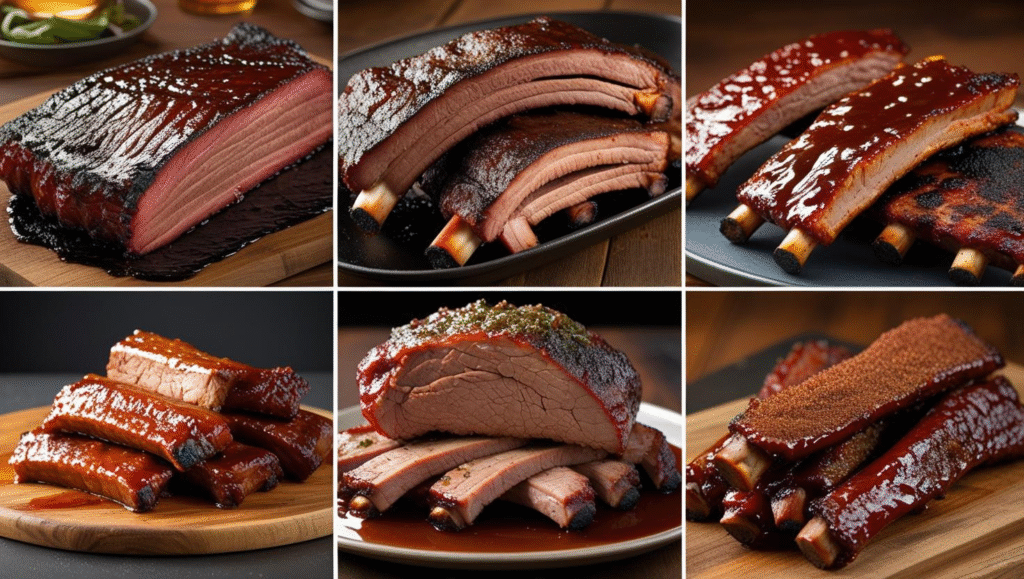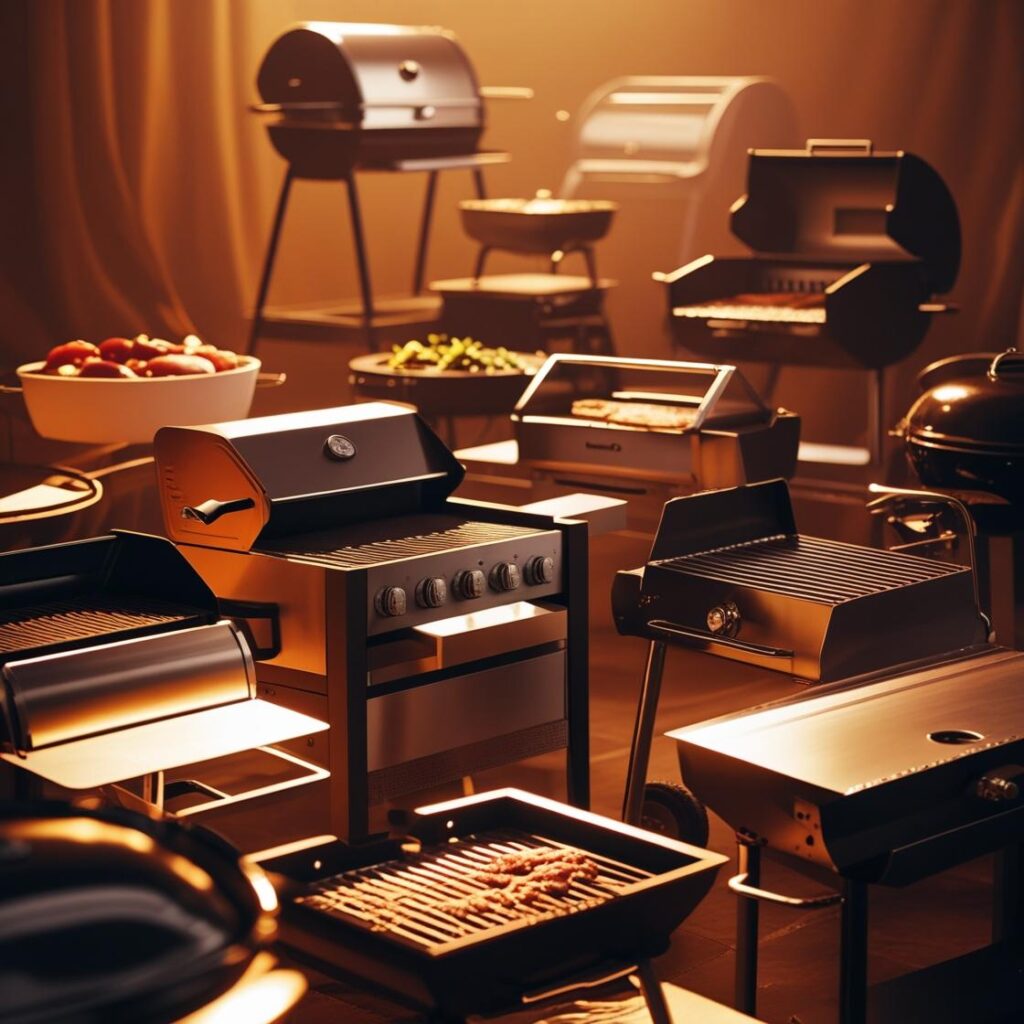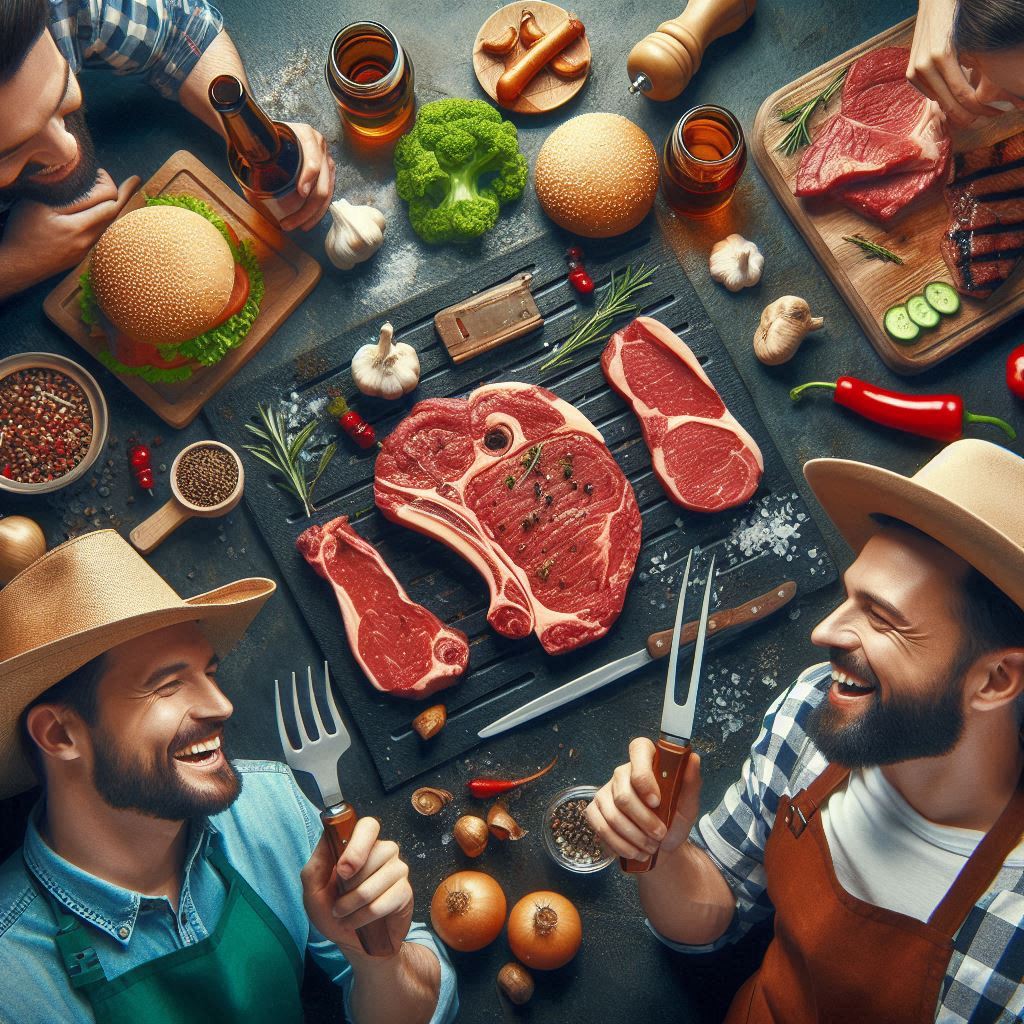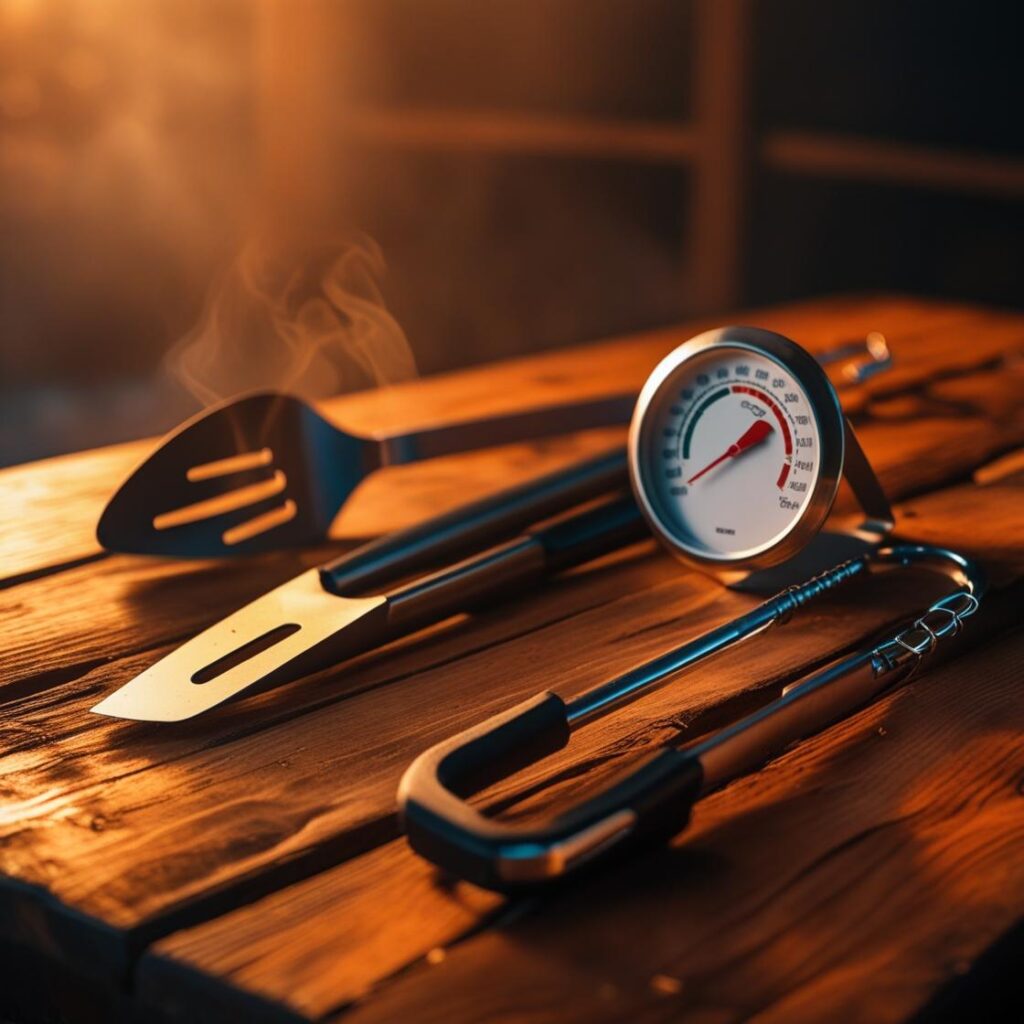Pellet Grill vs Gas Grill: The Ultimate Backyard Showdown
Choosing the right grill is a significant decision for any outdoor cooking enthusiast. The market is filled with options, but for many, the choice boils down to a fundamental question: pellet grill vs gas grill. While both are powerful cooking tools, they operate on different principles and cater to distinct grilling styles. A gas grill offers speed and convenience, while a pellet grill provides a signature smoky flavor and unparalleled versatility. Understanding these differences is crucial to finding the perfect grill for your home. This comprehensive guide will break down everything you need to know about the pellet grill vs gas grill debate, from flavor and convenience to price and maintenance.
The Pellet Grill: The Best of Both Worlds
A modern innovation in outdoor cooking, the pellet grill has surged in popularity by combining the smoky flavor of a charcoal smoker with the hands-off convenience of a gas grill.
How a Pellet Grill Works
Pellet grills are essentially outdoor convection ovens. They are powered by electricity and use a hopper to feed food-grade wood pellets into a firepot via an auger. An electric igniter rod lights the pellets, and a fan circulates the heat and smoke throughout the cooking chamber. A digital controller allows you to set a precise temperature, and the grill’s internal thermostat maintains that temperature automatically, creating a “set-it-and-forget-it” cooking experience.
Pros of a Pellet Grill
- Exceptional Smoky Flavor: This is the primary reason people choose a pellet grill. By burning real hardwood pellets, it infuses food with a rich, authentic wood-fired flavor that is impossible to replicate on a standard gas grill.
- Precise Temperature Control: The digital thermostat allows you to set the temperature with an accuracy of within 5 to 10 degrees. This precision makes a pellet grill ideal for smoking, roasting, and baking.
- Incredible Versatility: A pellet grill can function as a smoker, a grill, a roaster, and even an oven. It excels at low-and-slow cooking (like smoking brisket) but can also handle high-heat grilling.
- Hands-Off Operation: Once you set the temperature, the grill’s automated system takes over, feeding pellets as needed to maintain a consistent temperature. This frees you up from constant monitoring.
Cons of a Pellet Grill
- High Upfront Cost: Pellet grills are generally more expensive than comparable gas grills, with advanced features and larger cooking areas pushing the price even higher.
- Requires Electricity: The digital controller, auger, and fan all require a power source, making a pellet grill less portable for tailgating or camping.
- Slower to Heat Up: It takes a pellet grill longer to reach high searing temperatures compared to a gas grill.
- Not a True “Grilling” Experience: While a pellet grill can sear, it does so with indirect heat, meaning you won’t get the same direct-flame char or grill marks that a gas grill can provide.
The Gas Grill: The King of Convenience
For decades, the gas grill has been a backyard staple. It’s the go-to for quick weeknight burgers and hot dogs, prized for its simplicity, speed, and ease of use.
How a Gas Grill Works
Gas grills use propane or natural gas as a fuel source. A regulator controls the gas flow to a series of burners located below the cooking grates. An igniter lights the burners, and the temperature is controlled by simple knobs that adjust the size of the flame. Heat is transferred to the food directly from the flame and from the heated grates and flavorizer bars above the burners.
Pros of a Gas Grill
- Speed and Convenience: A gas grill heats up in minutes, so you can be cooking in a flash. The push-button ignition and simple temperature knobs make it incredibly easy to use.
- Easy to Clean: After cooking, you can simply turn the heat up to burn off any residue, then scrape the grates clean. There’s no messy ash to dispose of.
- Affordable: Entry-level and mid-range gas grills are generally more affordable than pellet grills, making them accessible to a wider range of budgets.
- High-Heat Searing: The direct flame on a gas grill allows for excellent high-temperature searing, creating a crispy crust and classic grill marks on steaks, burgers, and chops.
Cons of a Gas Grill
- Lacks Authentic Flavor: A gas grill provides a clean heat with minimal flavor. To get a smoky taste, you must use accessories like a smoker box with wood chips, and the flavor will not be as profound as with a pellet grill.
- Less Temperature Precision: While you can adjust the heat, gas grills lack the precise, digital control of a pellet grill. This makes low-and-slow cooking or smoking a challenge.
- Not as Versatile: A gas grill is primarily for grilling. While some models have side burners for sauces and sides, they are not well-suited for the smoking, baking, and roasting a pellet grill can handle.
Pellet Grill vs Gas Grill: A Head-to-Head Comparison
The choice between a pellet grill vs gas grill comes down to your personal priorities. Here is a direct comparison of the key features to help you decide.
Which Grill Is Right for You?
Choosing between a pellet grill vs gas grill depends on your cooking style, budget, and desired results.
- Choose a Pellet Grill if:
- Flavor is your top priority. You want to infuse your food with a genuine, smoky, wood-fired taste.
- You love “low and slow” cooking. You want to smoke brisket, ribs, or pulled pork with minimal effort.
- You want maximum versatility. You plan to use your grill for more than just burgers and hot dogs, like baking bread or roasting a whole chicken.
- You value convenience and technology. You want to set a temperature and walk away, possibly even monitoring it from an app on your phone.
- Choose a Gas Grill if:
- Speed and convenience are your main concerns. You want to be able to fire up your grill and cook dinner in minutes on a busy weeknight.
- You’re on a tighter budget. The initial cost of a gas grill is often significantly lower.
- You primarily cook classic items. If your go-to meals are steaks, burgers, chops, and vegetables, a gas grill will serve you well.
- You need portability. Gas grills are easier to move and use without a nearby electrical outlet.
You can also read our BBQ Essentials guide for a full rundown of must-have gear, including tools and accessories for both types of grills.
Pellet Grill vs Gas Grill FAQs
Q: Is it more expensive to cook with a pellet grill or a gas grill? A: The initial cost of a pellet grill is higher. However, for long cooking sessions, pellets can be more fuel-efficient than propane. Gas grills are cheaper to run for quick, high-heat cooks.
Q: Can a pellet grill replace a gas grill? A: Yes, a pellet grill can replace a gas grill for most tasks. It offers greater versatility (smoking, baking, roasting) but is not as fast to heat up for high-temperature searing as a gas grill.
Q: Can I get smoky flavor from a gas grill? A: Yes, but it requires a smoker box with wood chips or chunks. The flavor will not be as deep or authentic as the constant smoke a pellet grill produces.
Conclusion
The debate over pellet grill vs gas grill is ultimately a battle between flavor and convenience. The pellet grill offers a modern, high-tech experience with an unbeatable smoky flavor and cooking versatility. The gas grill remains a dependable classic, perfect for fast, easy, and affordable grilling. The best choice is the one that aligns with your grilling habits and lifestyle.
Ready to start cooking? Whichever grill you choose, be sure to check out our how to season meat guide to learn the best practices for rubs, marinades, and brines for your next cookout. And for a more in-depth look at other grill types, you can find our gas vs charcoal grill guide here.
Further Reading
- Check How to Season Meat for healthier flavor options
- Read the Ultimate Ribeye Guide for cut-specific seasoning tips
- Learn about healthy options in Healthy Grilling
- Avoid common mistakes by checking Common BBQ Mistakes
- Explore BBQ techniques in our BBQ Guides post
You Might Also Like
- Learn when to grill vs. smoke in BBQ Grilling vs. Smoking
- Explore essential BBQ equipment in our detailed guide
- Read more about steak cuts in our Ultimate Guide to Steak Cuts
- Check our Beginner’s Guide to Smoking Meat for more tips
- Compare grill types in Charcoal vs Gas vs Pellet Grills
- Learn temperature tips in our Ultimate Temperature Guide
Categories







Pingback: Backyard BBQ Ideas for Beginners: The Ultimate Guide